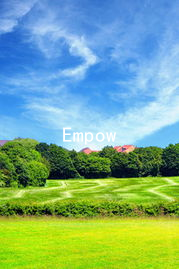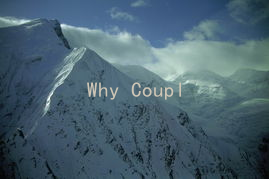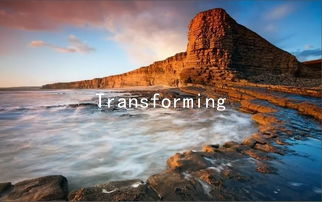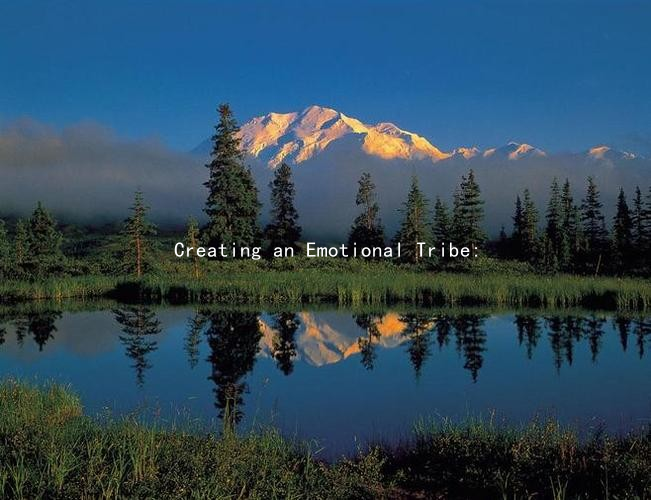Eros and Ethics: Navigating Love and Desire through a Philosophical Lens
Eros and Ethics: Navigating Love and Desire through a Philosophical Lens
In the complex realm of human relationships, love and desire often intertwine in ways that evoke questions about ethics and morality. As we delve into the world of romance, we find ourselves not only driven by the instinctual force of Eros but also by the guiding principles of ethics that shape our interactions with others. The exploration of love and desire through a philosophical lens opens a dialogue about how we can navigate these powerful emotions while adhering to a moral framework.
At the heart of Eros lies a primal urge—a desire for intimacy, connection, and fulfillment. This desire can propel individuals towards passionate encounters and profound bonds. However, alongside this instinctual drive is the ethical consideration of consent, respect, and responsibility. The intersection of Eros and ethics raises important questions about what it means to love and desire in a way that honors the autonomy and dignity of ourselves and our partners.
Philosophers such as Plato have long examined the nature of love, proposing that true love transcends mere physical attraction, aspiring instead to a deeper connection rooted in mutual respect and shared values. Platos concept of Platonic love suggests that the highest form of affection exists when individuals appreciate each other intellectually and spiritually, placing ethical considerations at the forefront of their relationships. This underscores the idea that love is not merely about fulfilling personal desires but involves a commitment to the well-being of the other.
In contemporary discussions about romance, the notion of ethical non-monogamy challenges traditional relationship norms by advocating for openness and honesty in romantic connections. This approach emphasizes clear communication and the necessity of consent, allowing individuals to pursue relationships that align with their desires without compromising ethical standards. As more people explore non-traditional relationship models, it becomes crucial to foster conversations about boundaries, honesty, and respect for all parties involved.
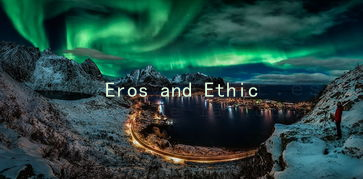
Moreover, the challenges posed by societal norms and cultural expectations can complicate the pursuit of love. For instance, the concept of the one can impose unrealistic standards and create pressure to conform to certain ideals of romance. By recognizing the diversity of human experiences and acknowledging that love can take many forms, we can foster an environment where individuals feel empowered to define their own relationships ethically.
In navigating love and desire, it is essential to reflect on our values and motivations. Are we seeking genuine connections that uplift and complement our lives, or are we driven solely by fleeting desires? Engaging in self-reflection allows us to cultivate a deeper understanding of what we truly seek in our relationships, enabling us to approach them with authenticity and ethical consideration.
Ultimately, the interplay between Eros and ethics serves as a poignant reminder that love is not simply a personal pursuit. It involves a commitment to fostering meaningful connections that honor the humanity of both ourselves and our partners. By prioritizing mutual respect, open communication, and a shared ethical framework, we can navigate the complexities of love and desire in a way that enriches our lives and those of others.
As we explore our connections with others, let us remember that the fulfillment of our own desires should not come at the expense of others’ dignity and autonomy. In seeking to balance the intoxicating allure of Eros with a commitment to ethics, we pave the way for more profound, fulfilling, and respectful relationships. In this intertwined journey, we can find love that not only satisfies our yearnings but also aligns with our moral compass, guiding us toward a more compassionate and understanding world.
